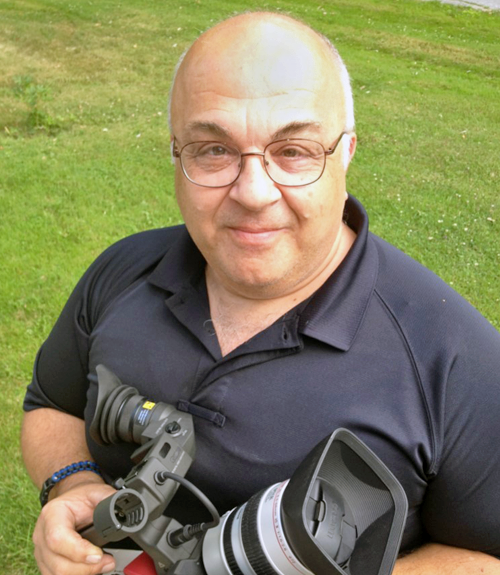Instructor: Wadi Sawabini
|
Wadi Sawabini Wadi Sawabini has taught thousands of federal, state, and local law enforcement professionals how to shoot evidence-grade video. Since 1991, he has traveled the world conducting classes and lecturing at training conferences. His customers include the ATF, DEA, FBI, U.S. Border Patrol, NCIS and dozens of other federal law enforcement agencies. He has conducted classes for 14 High Intensity Drug Trafficking Area Task Forces (HIDTAs), 3 federally funded RISS Projects (MAGLOCLEN, NESPIN and ROCIC), and 4 of the Regional Counterdrug Training Centers (RCTA, NCTC, MCTC, and WRCTC). Among the numerous state agencies, he has taught for are the Connecticut Police Academy, Kansas Law Enforcement Training Center, Michigan State Police, Maryland State Police, New York State Division of Criminal Justice Services, Texas Department of Public Safety, and Vermont Police Academy. Outside of the United States, his customers include the Criminal Intelligence Service of Ontario, Ontario Regional Police Force, Royal Canadian Mounted Police, Korean National Police, and Bermuda Police Service. Sawabini is a Life Member of the Connecticut Chapter of the International Association of Identification (CT-IAI), a member of the International Law Enforcement Educators and Trainer Association (ILEETA), and a published author. He has conducted training at international conferences for the IAI, LEVA, NATIA, and the International Association of Women Police. Sawabini is a graduate of the University of Vermont with a BA in Mass Communications. He is married and, with his wife Mary, lives in Shelburne, Vermont. |
ATTENDInterested in attending one of these courses? Check out our Upcoming Courses page for information on all scheduled courses.
|
HOSTYou can bring this course to your location! For more no-obligation information or to complete a hosting application, click below.
|

